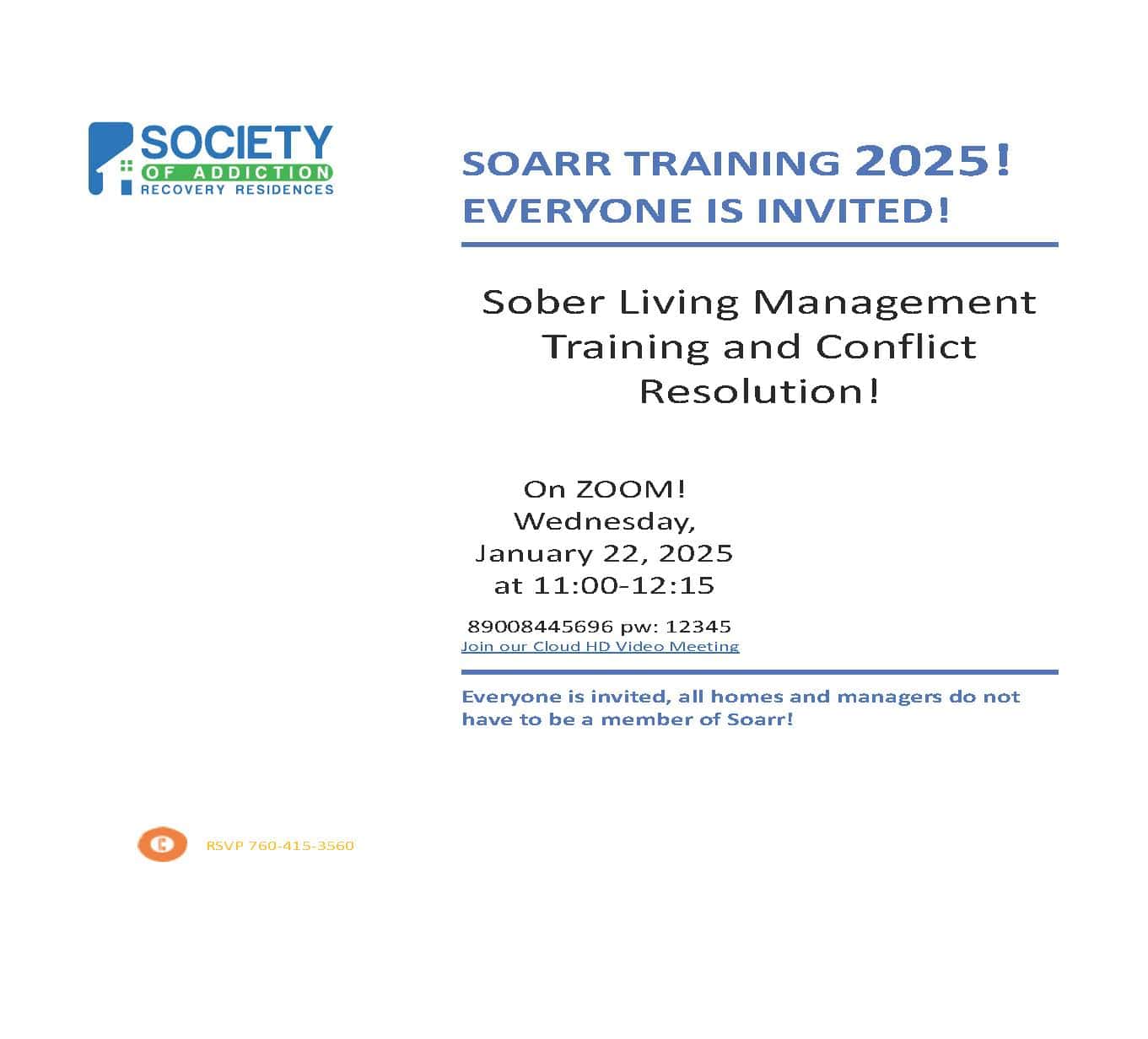Many people in recovery have a relapse as a part of their story, but it isn’t inevitable. Some people put out warning signs in advance. If you are in recovery, it might be easier to see them. After all, you have probably been in their shoes and felt like drinking or drugging.
Relapse can lead a person to spiral back into addiction. But, this doesn’t have to happen! Support groups like 12-step programs have opened doors for anyone who has the desire to stop drinking or drugging.
Understanding the Relapse Process
Sometimes people in recovery describe a person as being in “relapse mode,” which is a set of behaviors that can trigger a person to use drugs or alcohol again. Most people in relapse mode act out in specific ways, such as glorifying their past drug use.
They may express a desire for the “good old days” or get in contact with old friends. They may take a turn down a street to “check out” their old haunts. These people, places, and things are all dangerous to a person in recovery. They eventually can lead a person to start getting high or drunk again.
When a person is in relapse mode, they may not know it. Talking to them about their behaviors and explaining why you think it is dangerous may help. People in recovery aren’t mindreaders, but they can spot relapse triggers. A person in recovery who is in relapse mode may start discounting the recovery process. They may suddenly dispute the idea that they’re an addict or alcoholic. Denial can build a wall between an addicted person and the truth.
If you stop going to support groups and start isolating, you may not have the tools to stay sober when a trigger arises. Everyone in recovery is in this together; you can’t recover all on your own.
Getting Back Up After Relapse
Recovery isn’t a specific process or formula. People often have a relapse – sometimes multiple – in their recovery journey. So getting back into recovery and leaning on a support system is essential.
If you or a loved one has a relapse, you can offer to take them to detox or a recovery meeting. While it may feel shameful to relapse, you deserve to give yourself a fighting chance. You CAN stay sober, a day at a time.
If you relapse, the first thing to do is get to a 12-step meeting or call your sponsor. They can help you make better decisions about the next best steps to help you stay sober and get the help you deserve to recover.
Sober Living and Stability in Recovery
Sober living offers a unique way to help you stay sober and continue to work on your life goals. Recovery has its up and downs, but a little bit of structure, as well as a sense of community, can help you stay focused and sane. Learn more about our sober housing options by visiting our directory here.





